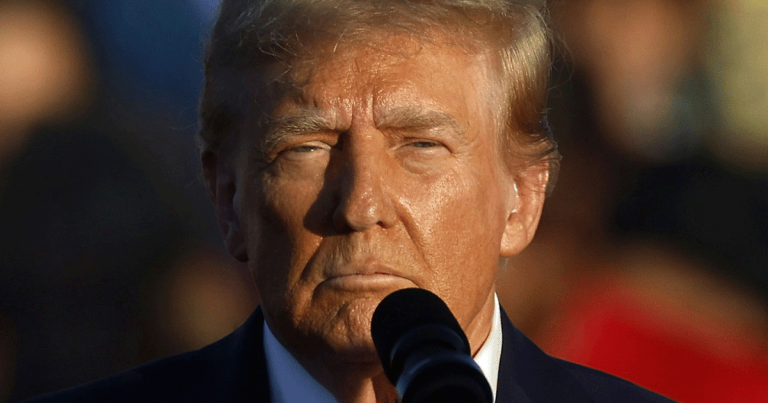
As America prepares for a historic presidential transition, mounting questions about judicial overreach and constitutional authority have taken center stage in the nation’s financial capital.
Indeed, business leaders and legal experts are increasingly concerned about New York’s deteriorating legal climate and its impact on commerce, even as the city grapples with broader challenges.
Conservative legal scholars point to troubling precedents being set in the Empire State’s judicial system. There, politically charged cases have become increasingly common. The implications stretch far beyond individual court decisions. Indeed, they potentially affect how future administrations navigate the delicate balance between state and federal authority.
Trump Makes His Move
These concerns crystallized Monday morning when President-elect Donald Trump’s legal team filed a motion to stay his January 10 sentencing in the Manhattan case. They cited fundamental constitutional issues and the Supreme Court’s recent immunity decision.
“Today, President Trump’s legal team moved to stop the unlawful sentencing in the Manhattan D.A.’s Witch Hunt,” said Trump spokesman and incoming White House Communications Director Steven Cheung.
“The Supreme Court’s historic decision on Immunity, the state constitution of New York, and other established legal precedent mandate that this meritless hoax be immediately dismissed,” he added.
The timing of the scheduled sentencing has drawn sharp criticism from constitutional experts. They’ve taken issue with it being scheduled for just ten days before Trump’s inauguration. Fox News legal analyst Gregg Jarrett characterized Judge Juan Merchan’s decision as an apparent attempt to “stain” Trump before he assumes office.
Jonathan Turley, a prominent constitutional scholar and Democrat, called the case “an abuse of the US justice system.” He highlighted growing bipartisan concern over the precedent being set. Harvard Law Professor Emeritus Alan Dershowitz went further, describing it as “the worst legal verdict I’ve seen in 60 years.”
Trump’s Motion
The motion filed Monday argues that the pending appeal should automatically stay the sentencing proceedings. Trump’s legal team emphasized that continuing the case during the presidential transition period could interfere with crucial preparation for assuming executive duties. They cited Department of Justice guidelines regarding proceedings against incoming presidents.
Judge Merchan previously indicated that he would impose an “unconditional discharge.” This is effectively closing the case without jail time, fines, or probation. However, Trump’s attorneys argue that even this symbolic verdict raises serious constitutional concerns about state interference with federal executive functions.
The business community’s reaction has been swift and significant. Major corporations including Goldman Sachs and Citadel have already announced relocations from New York. In doing so, they’ve cited the state’s increasingly unpredictable legal environment.
“Companies can’t take a chance in getting caught up in this quicksand,” Trump posted on Truth Social.
Alvin Bragg’s Witch Hunt
The case stems from Manhattan District Attorney Alvin Bragg’s investigation into business record entries related to a 2016 payment. Trump has consistently maintained his innocence, characterizing the prosecution as an example of a weaponized justice system targeting political opponents.
Trump’s legal team emphasized the broader implications for presidential transitions. ”
“The American People elected President Trump with an overwhelming mandate that demands an immediate end to the political weaponization of our justice system,” Cheung stated. He added that they “look forward to uniting our country in the new administration as President Trump makes America great again.”
The motion’s outcome could set crucial precedents for future interactions between state courts and federal executive authority. As the January 20 inauguration approaches, the resolution of this legal challenge will likely influence how similar situations are handled for generations to come.
For now, the nation watches as fundamental questions about constitutional authority, judicial restraint, and the sanctity of presidential transitions play out in Manhattan’s courthouse. It can’t be denied that this will have implications that reach far beyond its marble walls.
Key Takeaways:
- NY court’s unprecedented timing challenges federal executive authority.
- Political prosecutions driving exodus of companies from New York.
- Supreme Court immunity ruling raises serious questions about state jurisdiction.
- Case highlights growing concern over weaponized justice system.
Sources: Fox News, Fox News, NBC Los Angeles, Newsweek
